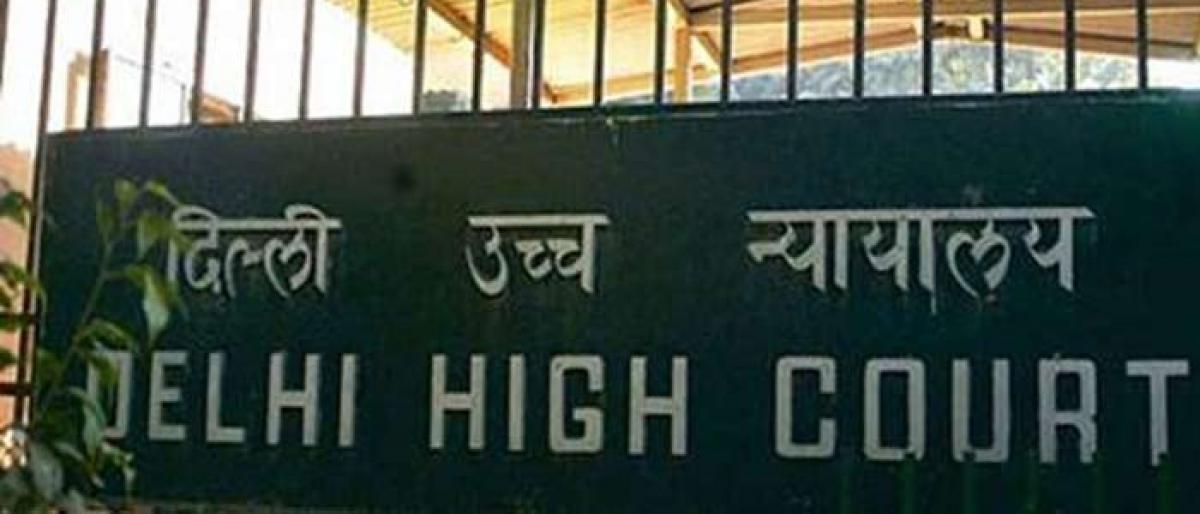Live
- Gift of Kilo silver wheel to Santoshimatha Goddess
- IPL 2024 RCB vs CSK: Rain likely to play spoilsport; teams’ win margin explained
- District SP Gaikwad sentenced six to two years in jail and fined Rs 2,000 each in Bhoomi Panchayat case
- We will take severe punishment for those who cheat girls by trusting them - Additional SP Rameshwar
- Drinking Methi Seeds Water on an Empty Stomach: A Natural Way to Manage Blood Sugar and Aid Weight Loss
- World Metrology Day 2024: Date, History, and Significance
- Mohini Ekadashi 2024: Date, Rituals, Significance, Shubh Muhurat, and Parana Timings
- Sreeleela redefines sensuality
- Buddha Purnima 2024: Transformative Teachings of Gautam Buddha
- Mumbai billboard crash accused Bhavesh Bhinde sent to police custody till May 26









